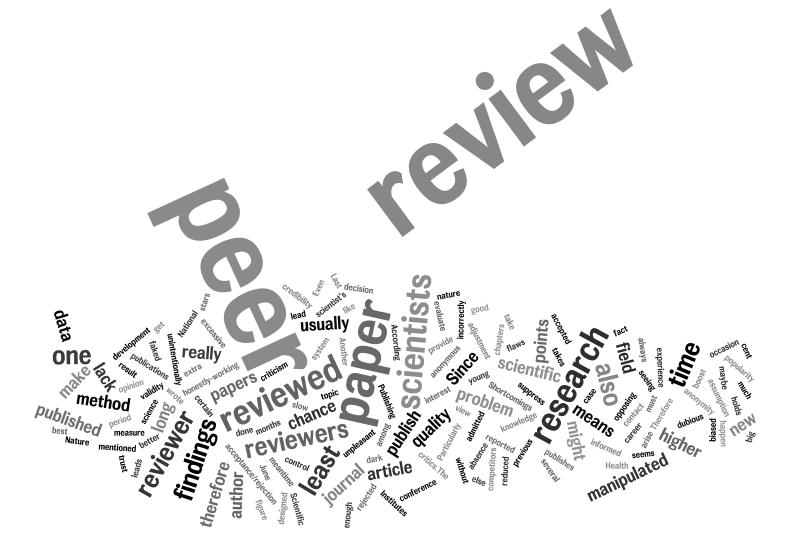It has become a commonplace headline to read that initial study(s) leading to a pharmaceutical drug (or vaccine) approval were falsified. Another news cycle and another thinly veiled admittance of research fraud from a major pharmaceutical company is upon us all. It is now official that Paxil, a popular SSRI antidepressant has been found to be not effective has serious side effects. All information most effected by the drug and/or its aftermath already have painfully found out.
The original trial, known as ‘Study 329,’ ran from 1994 to 1998 and was claimed by researchers to show that Paxil was “effective and safe.” In the new analysis titled “Restoring Study 329”, Dr. Jon Jureidini and colleagues from Critical and Ethical Mental Health Research Group, University of Adelaide, Australia found that neither paroxetine (Paxil) nor imipramine (Tofranil) performed any better than a placebo. The reanalysis, published in the BMJ, was part of the “restoring invisible and abandoned trials” (RIAT) initiative that began in 2013 and is aimed at publishing undisclosed trial outcomes or correcting misleading publications.
Widely reported in May of 2015, Richard Smith, who edited the British Medical Journal for more than a decade, said there was no evidence that peer review was a good method of detecting errors and claimed that “most of what is published in journals is just plain wrong or nonsense”. Smith went further to say “If peer review was a drug it would never get on the market because we have lots of evidence of its adverse effects and don’t have evidence of its benefit…It’s time to slaughter the sacred cow.” The public appears to be witnessing a slow motion admittance of continuous criminal research fraud.
Restoring Study 329’s reanalysis headline comes on the heels of the Food and Drug Administration (FDA) investigation of Essure. The FDA was forced to convene a safety panel to deal with the run-away damage being caused by the “safe and effective” Essure product developed by Bayer. Bayer, formally part of IG Farben, was also responsible for manufacturing chemical war gases such as mustard gas, Zyclon, B, and sarin throughout its highly questionable past.
Also grabbing headlines recently, The Center for Open Sciences embarked on a project in an effort to replicate the findings of 100 already published studies. The researchers discovered they could replicate less than half of the original findings concluded by Psychological Science, the Journal of Personality and Social Psychology, and the Journal of Experimental Psychology: Learning, Memory, and Cognition. These findings echo the words of Dr. Russell Barkley, professor of psychiatry and neurology at the University of Massachusetts Medical Center, when speaking about the mental health profession as a whole he stated, “A disorder doesn’t have to have a blood test to be valid. If that were the case, all mental disorders would be invalid…There is no lab test for any mental disorder right now in our science.”
So where does this leave us? In the field of mental health, the public is forced to endure a “profession” that has no lab test for any mental disorder and a knowledge base of peer-reviewed research that appears to be at least 50 percent meaningless. Drug companies, continually falsify their studies to rush drugs to the market, are using the public as the final phase of trial. Unforeseen side effects, compounding health damage, and deaths are monitored and extinguished by drug companies using social media algoristhims, astroturf agencies, and focused campaigns against damaged consumers simply looking for answers.
Dr. David Healy, one of the authors of Restoring Study 329, says this effort shows that “in the absence of access to primary data, published conclusions about efficacy and safety should not be read as authoritative. Too much reliance is placed on selectively published clinical trial data and not enough on observation and common sense. This reanalysis illustrates the necessity of having primary trial data available for all drug trials. There are too many drugs being marketed and prescribed which simply do not justify the associated risks.” Another way to word Dr. Healy’s point is for all data regarding drug trials and research to be open sourced and freely available to anyone for analysis.
The public is literally taking to the streets and to social media to protest drug companies and the increasing influence on the political process and politicians. Medical ethics is in dire need of a comeback currently resting on a slippery slope towards pre-Nuremberg times. Perhaps it is time to hold researchers accountable for every case of damage and death they cause due to their falsified data leading to a drug or vaccine approval. If a model for accountability is needed, the medical and research community could look to China who sentenced and put to death two businessmen in 2008 for knowingly selling contaminated milk which caused the death of at least six children.
The original trial, known as ‘Study 329,’ ran from 1994 to 1998 and was claimed by researchers to show that Paxil was “effective and safe.” In the new analysis titled “Restoring Study 329”, Dr. Jon Jureidini and colleagues from Critical and Ethical Mental Health Research Group, University of Adelaide, Australia found that neither paroxetine (Paxil) nor imipramine (Tofranil) performed any better than a placebo. The reanalysis, published in the BMJ, was part of the “restoring invisible and abandoned trials” (RIAT) initiative that began in 2013 and is aimed at publishing undisclosed trial outcomes or correcting misleading publications.
Widely reported in May of 2015, Richard Smith, who edited the British Medical Journal for more than a decade, said there was no evidence that peer review was a good method of detecting errors and claimed that “most of what is published in journals is just plain wrong or nonsense”. Smith went further to say “If peer review was a drug it would never get on the market because we have lots of evidence of its adverse effects and don’t have evidence of its benefit…It’s time to slaughter the sacred cow.” The public appears to be witnessing a slow motion admittance of continuous criminal research fraud.
Restoring Study 329’s reanalysis headline comes on the heels of the Food and Drug Administration (FDA) investigation of Essure. The FDA was forced to convene a safety panel to deal with the run-away damage being caused by the “safe and effective” Essure product developed by Bayer. Bayer, formally part of IG Farben, was also responsible for manufacturing chemical war gases such as mustard gas, Zyclon, B, and sarin throughout its highly questionable past.
Also grabbing headlines recently, The Center for Open Sciences embarked on a project in an effort to replicate the findings of 100 already published studies. The researchers discovered they could replicate less than half of the original findings concluded by Psychological Science, the Journal of Personality and Social Psychology, and the Journal of Experimental Psychology: Learning, Memory, and Cognition. These findings echo the words of Dr. Russell Barkley, professor of psychiatry and neurology at the University of Massachusetts Medical Center, when speaking about the mental health profession as a whole he stated, “A disorder doesn’t have to have a blood test to be valid. If that were the case, all mental disorders would be invalid…There is no lab test for any mental disorder right now in our science.”
So where does this leave us? In the field of mental health, the public is forced to endure a “profession” that has no lab test for any mental disorder and a knowledge base of peer-reviewed research that appears to be at least 50 percent meaningless. Drug companies, continually falsify their studies to rush drugs to the market, are using the public as the final phase of trial. Unforeseen side effects, compounding health damage, and deaths are monitored and extinguished by drug companies using social media algoristhims, astroturf agencies, and focused campaigns against damaged consumers simply looking for answers.
Dr. David Healy, one of the authors of Restoring Study 329, says this effort shows that “in the absence of access to primary data, published conclusions about efficacy and safety should not be read as authoritative. Too much reliance is placed on selectively published clinical trial data and not enough on observation and common sense. This reanalysis illustrates the necessity of having primary trial data available for all drug trials. There are too many drugs being marketed and prescribed which simply do not justify the associated risks.” Another way to word Dr. Healy’s point is for all data regarding drug trials and research to be open sourced and freely available to anyone for analysis.
The public is literally taking to the streets and to social media to protest drug companies and the increasing influence on the political process and politicians. Medical ethics is in dire need of a comeback currently resting on a slippery slope towards pre-Nuremberg times. Perhaps it is time to hold researchers accountable for every case of damage and death they cause due to their falsified data leading to a drug or vaccine approval. If a model for accountability is needed, the medical and research community could look to China who sentenced and put to death two businessmen in 2008 for knowingly selling contaminated milk which caused the death of at least six children.







 RSS Feed
RSS Feed